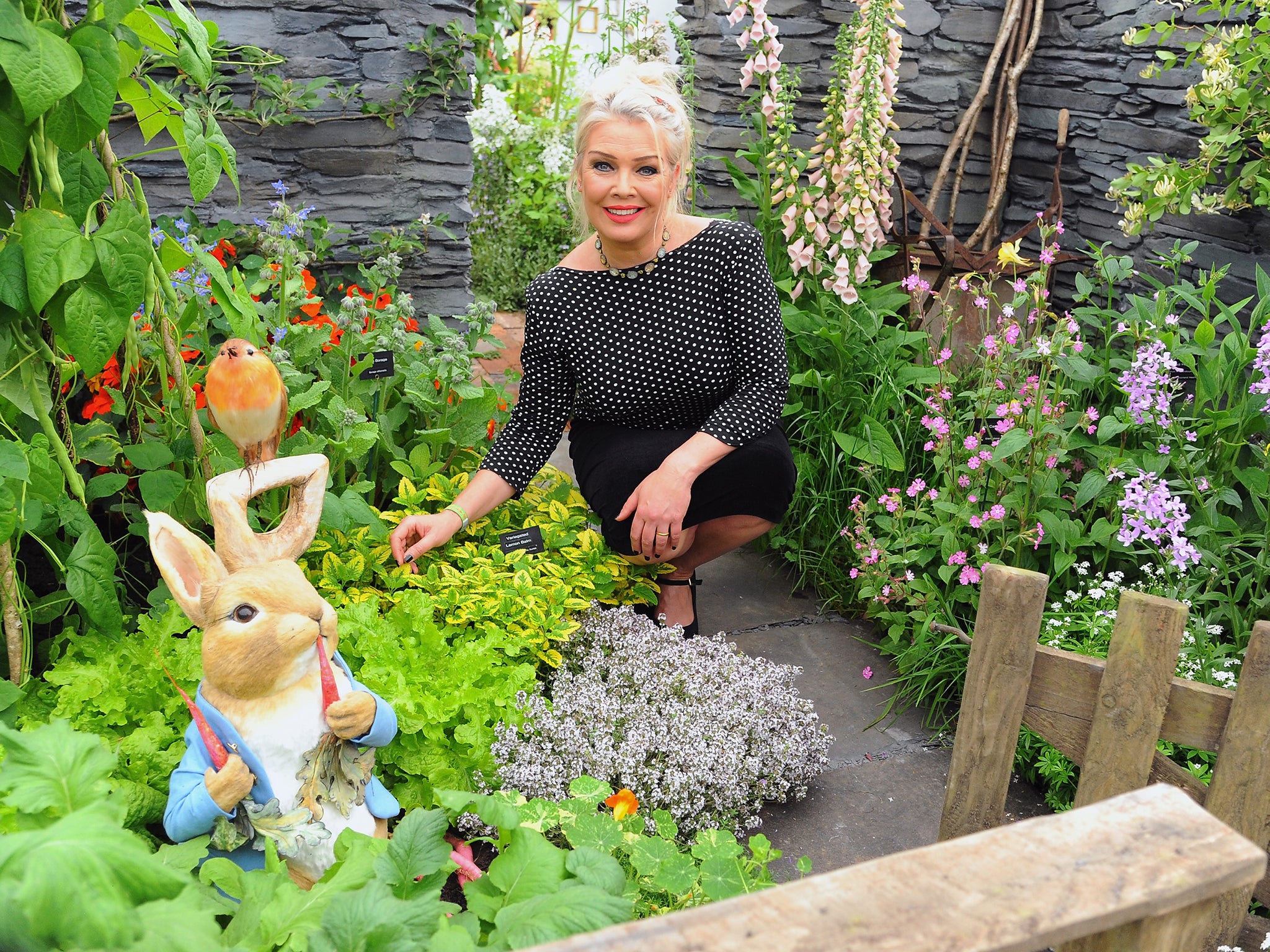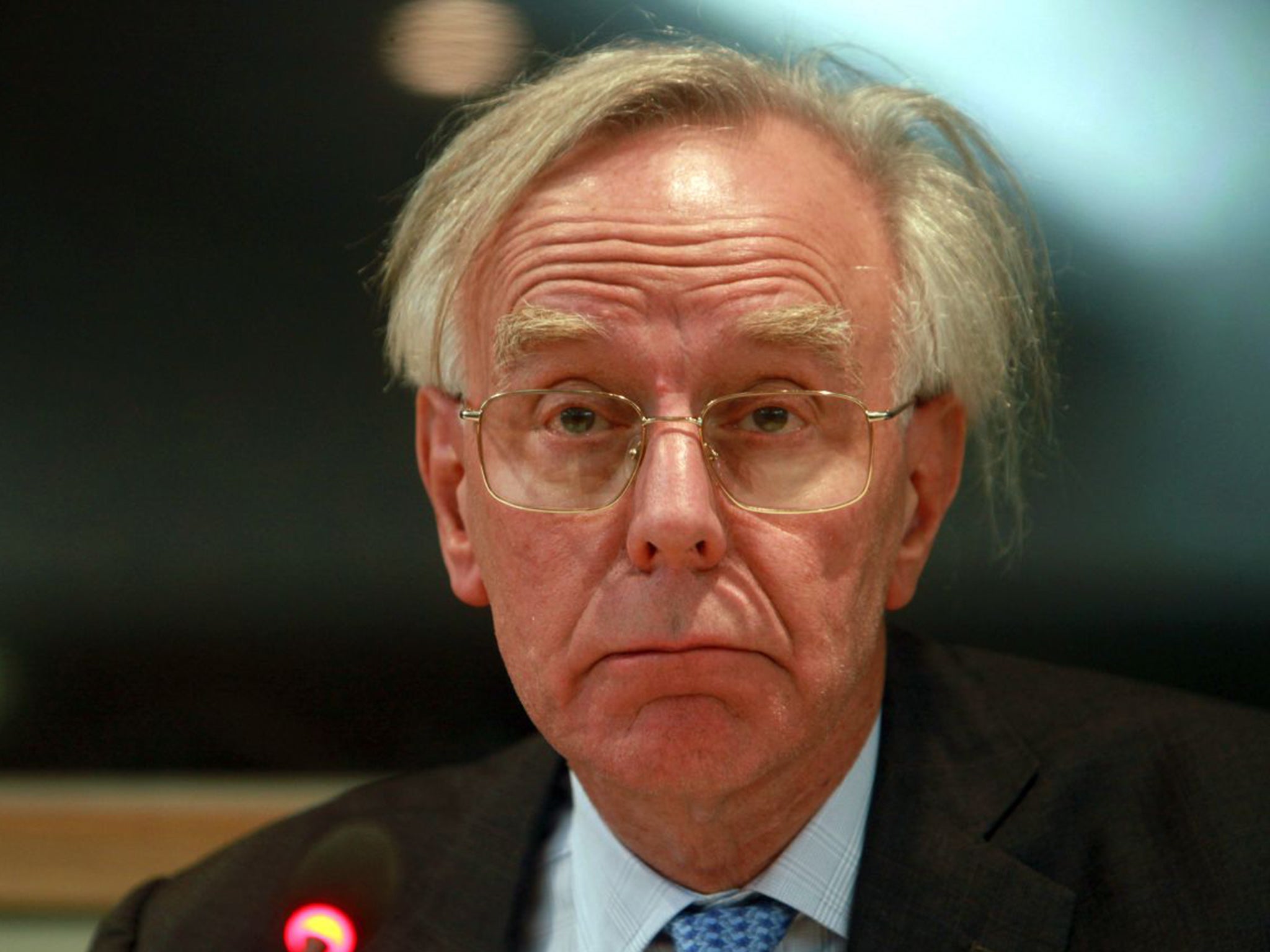Kim Wilde: 'Horticulture gave me back my life. Gardens are always the first place I go to regenerate'
The singer is leading an appeal for the charity Thrive, which uses the therapy of horticulture

Your support helps us to tell the story
From reproductive rights to climate change to Big Tech, The Independent is on the ground when the story is developing. Whether it's investigating the financials of Elon Musk's pro-Trump PAC or producing our latest documentary, 'The A Word', which shines a light on the American women fighting for reproductive rights, we know how important it is to parse out the facts from the messaging.
At such a critical moment in US history, we need reporters on the ground. Your donation allows us to keep sending journalists to speak to both sides of the story.
The Independent is trusted by Americans across the entire political spectrum. And unlike many other quality news outlets, we choose not to lock Americans out of our reporting and analysis with paywalls. We believe quality journalism should be available to everyone, paid for by those who can afford it.
Your support makes all the difference.The Eighties pop star Kim Wilde has revealed how gardening helped her through bouts of anxiety and to restore “balance” after a turbulent time in the music business.
In a BBC appeal for the charity Thrive, which helps people with physical disabilities and mental health issues through gardening therapy, Wilde says: “Horticulture really brought me back to life. Gardens are always the first place I go to regenerate ... they are a complete sensory experience.”
In the Lifeline Appeal film to be broadcast on BBC One today, she adds: “I love nothing better than being in a garden and feeling connected to nature. “Gardening can be such great therapy, it certainly was for me. Spending time outdoors, learning about plants and nurturing them, really helped me find balance and gave me a greater sense of confidence and peace. I love the way that plants are always changing and growing, just like us.”

Wilde, who enjoyed hits with “Kids in America” and “You Keep Me Hangin’ On”, began gardening in the 1990s when she moved to the countryside. She won a gold medal and an award for best courtyard garden at the Chelsea Flower Show in 2005, but has not spoken at length before about how gardening helped her.
“I really believe in the benefits of being outdoors in a living, breathing garden,” she says. “That’s why I think the work of Thrive is so important.
“When I was 30 I was enjoying a successful music career, with platinum records and a European tour with Michael Jackson under my belt. I decided the time was right to lay down some roots and I moved into a 16th-century barn that I renovated and treasured.
“To the outside world all seemed wonderful, but I was always plagued with anxiety and it badly affected my mental health.
“One in four of us will experience issues with our mental health. Gardening really can help. It has been great therapy for me and can help people get back on top of things and restore balance when it feels like life is veering out of control.”
Thrive uses gardening as therapy for people living with disabilities or ill health, or those who are isolated, disadvantaged or vulnerable, at its centres in Reading, London, Birmingham and Gateshead.
Sir Richard Thompson, Thrive’s patron and a former president of the Royal College of Physicians, has advocated gardening as therapy. “Social and therapeutic horticulture” can alleviate stress and increase confidence and self-esteem. Thrive works with people who have injuries from accidents, individuals with a learning impairment, people with a mental illness, a physical impairment such as sight or hearing loss, conditions such as dementia, heart problems, diabetes or stroke, as well as young people who have social, emotional or behavioural difficulties and people who suffer ill health after leaving the armed forces.
“I am so impressed by the work of Thrive,” Wilde says. “I hope you can support this Lifeline Appeal, so they can continue to use gardening and horticulture to help vulnerable people feel better and gain valuable life skills.”
Anyone interested in donating to Thrive can do so at bbc.co.uk/lifeline or telephone 0800 011 011. People can also donate £10 by texting DONATE to 70121
Subscribe to Independent Premium to bookmark this article
Want to bookmark your favourite articles and stories to read or reference later? Start your Independent Premium subscription today.
Join our commenting forum
Join thought-provoking conversations, follow other Independent readers and see their replies
Comments